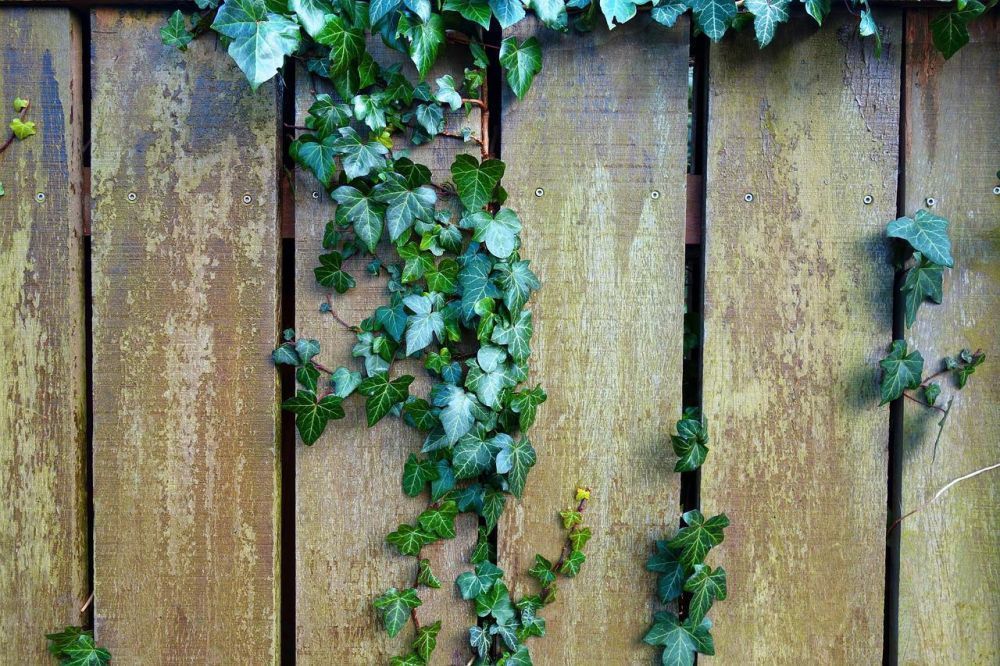
Are Fence Boards Pressure Treated?
Many of the more common questions about fencing are based on the assumption that there's a "standard" fence. However, while there are fence standards, there's no standard fence - and that's an important difference! One common question about wood fence is "are fence boards pressure treated?"
The answer, like everything else, is it depends. Here's what you need to know about the answer to the question are fence boards pressure treated.
What Is Pressure Treatment?
The first thing you need to know about whether fence boards are pressure treated is what pressure treatment is.
Over the years, people have discovered that treating wood with certain chemicals make it less likely to rot and less attractive to insects. The chemicals are applied to the wood, and gives it the characteristic green color you see at the hardware store or lumber yard.
There are several chemicals that can be used for this process, including: alkaline copper quaternary (ACQ), copper azole (CA) or micronized copper azole (MCA).
All of these chemicals do the same thing, and they're all applied in the same way.
So What About Treated Fence Boards?
The truth is, while your fence boards could be treated, if you don't specifically request this, and if your fence is going to be stained anyway, there's no guarantee that your fence boards will be treated - or that they necessarily need to be.
In places where there are not a lot of wood boring insects, the main job of treated wood is to avoid rotting, so it's usually used for fence posts, unless you are having a cedar fence installed.
However, spruce and fir that is not treated is less expensive, so it's often used for fence boards and stringers for fence panels. If the whole fence is painted or stained anyway, you won't see the difference, and if there isn't a lot of insect activity in your area, it's unlikely to make a big difference to your fence's longevity.
Why Do Treated Fence Boards Cost More?
Of course, whenever you process anything, it will cost more. Fence boards that are treated have to have the chemical applied, and then they have to be dried carefully, so that they don't warp (which thinner boards are more prone to do."
You also need to use a different kind of coated fastener with treated wood, because the galvanizing on ordinary fasteners can corrode faster with treated wood.
So, the answer to the question "are fence boards pressure treated" is probably no, but you could ask your fence contractor if they can quote on that option too.

